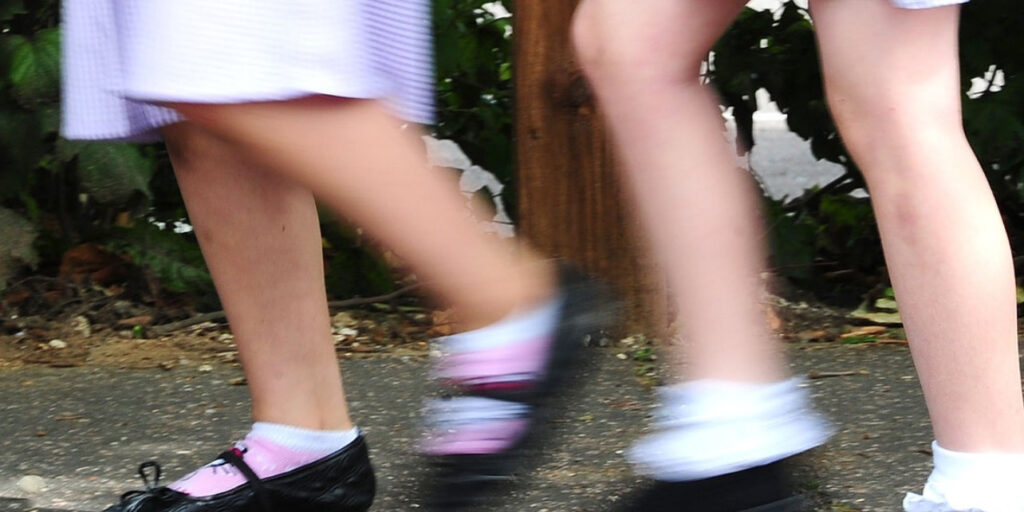A coalition of major UK charities has called on the Prime Minister to scrap the two-child benefit cap, describing the policy as the most cost-effective measure to reduce child poverty nationwide.
In a letter addressed to Sir Keir Starmer, organisations including Barnardo’s, Save the Children UK, Citizens Advice, and the Child Poverty Action Group (CPAG) warned that failing to abolish the cap could drive child poverty levels to a record high by the end of the current parliament.
The controversial cap, introduced by former Conservative Chancellor George Osborne in 2017, limits child-related benefit payments to a household’s first two children.
It operates alongside the benefit cap introduced in 2013 under the Conservative-Liberal Democrat coalition, which restricts the total amount a household can receive in benefits.
The charities, backed by the End Child Poverty Coalition, are increasing pressure on the government as it prepares to unveil its child poverty strategy this spring—though campaigners fear publication may be delayed until June.
Their joint letter urges Labour to act swiftly and decisively:
“Scrapping the two-child limit is by far the most cost-effective way to reduce child poverty. It would lift 350,000 children out of poverty overnight and ease the burden for 700,000 more.”
The signatories warn that retaining the cap risks making this Labour administration the first to leave child poverty worse than when it took office. CPAG projects that, without intervention, the number of children living in poverty will climb from 4.5 million to 4.8 million by 2029.
Labour MP Rachael Maskell, a long-standing opponent of the cap, urged ministers to heed the warnings:
“This government must prioritise the wellbeing of our children. In a nation of wealth, allowing child poverty to persist is inexcusable. Labour has a historic duty to end this injustice.”
While the cap applies across the UK, the Scottish government has pledged to mitigate its impact in Scotland, although direct payments will not commence until 2026.
Prime Minister Starmer has previously expressed his desire to remove the cap but insists that the government cannot currently afford it, citing the need to focus on economic growth.
Internal tensions are escalating within Labour, as dozens of MPs are expected to abstain or vote against the £4.8bn welfare cuts announced in Rachel Reeves’ spring statement.
Ministers are reportedly preparing to publish the long-awaited child poverty strategy in a bid to placate rebels ahead of a crucial Commons vote.
According to The Observer, the strategy is expected to include targeted support for low-income families with young children, though it may stop short of abolishing the cap entirely. Work and Pensions Secretary Liz Kendall is believed to be exploring alternative interventions.
Recent research by the Resolution Foundation suggests that raising the benefit cap to three children could reduce child poverty by 320,000 before the next election, albeit at a cost of £3.2bn annually by 2030.
A government spokesperson responded: “No child should grow up in poverty. That’s why we’ve launched a Ministerial Taskforce under our Plan for Change, alongside raising the National Living Wage, increasing benefits, and easing debt pressures for 700,000 struggling families through a Fair Repayment Rate on Universal Credit.”


